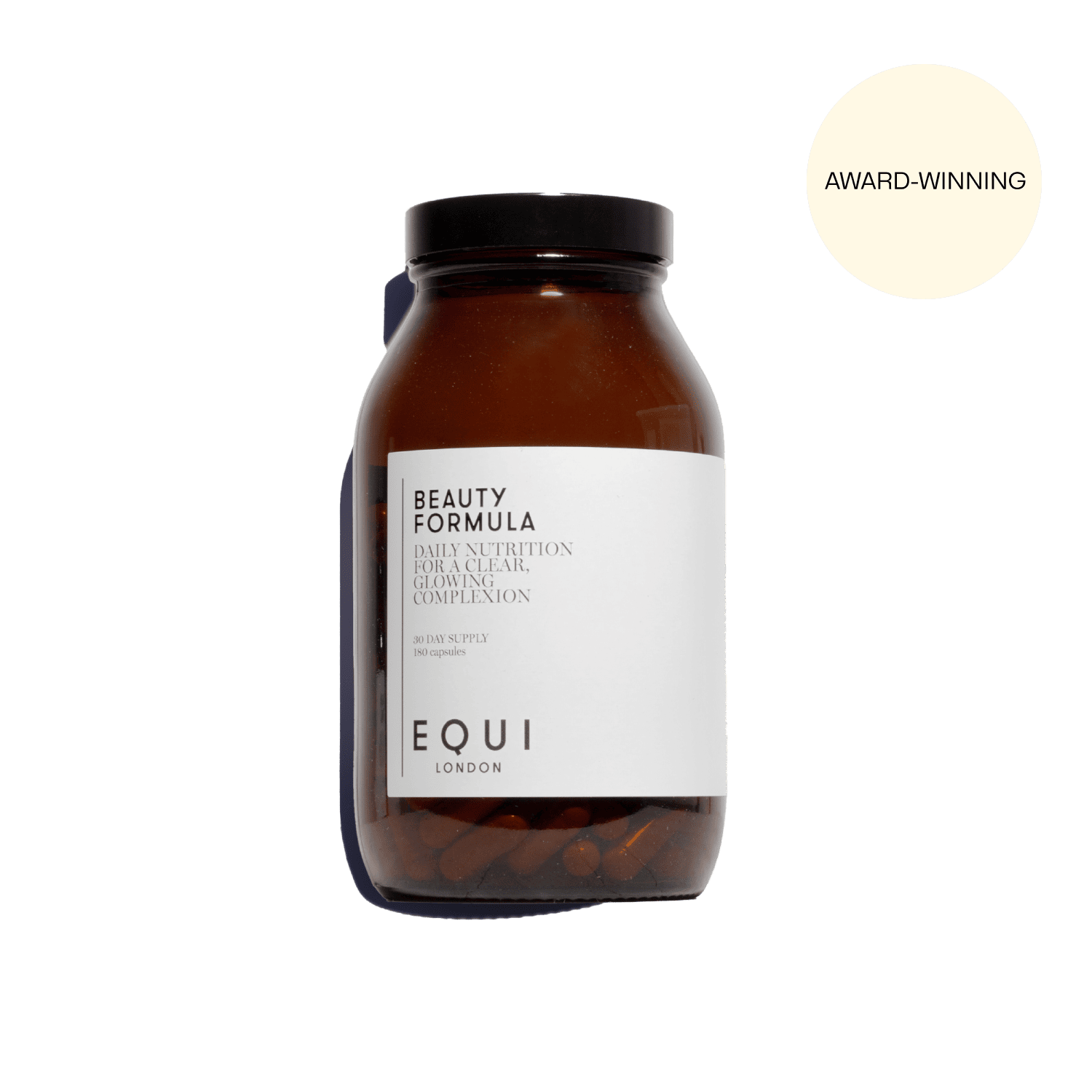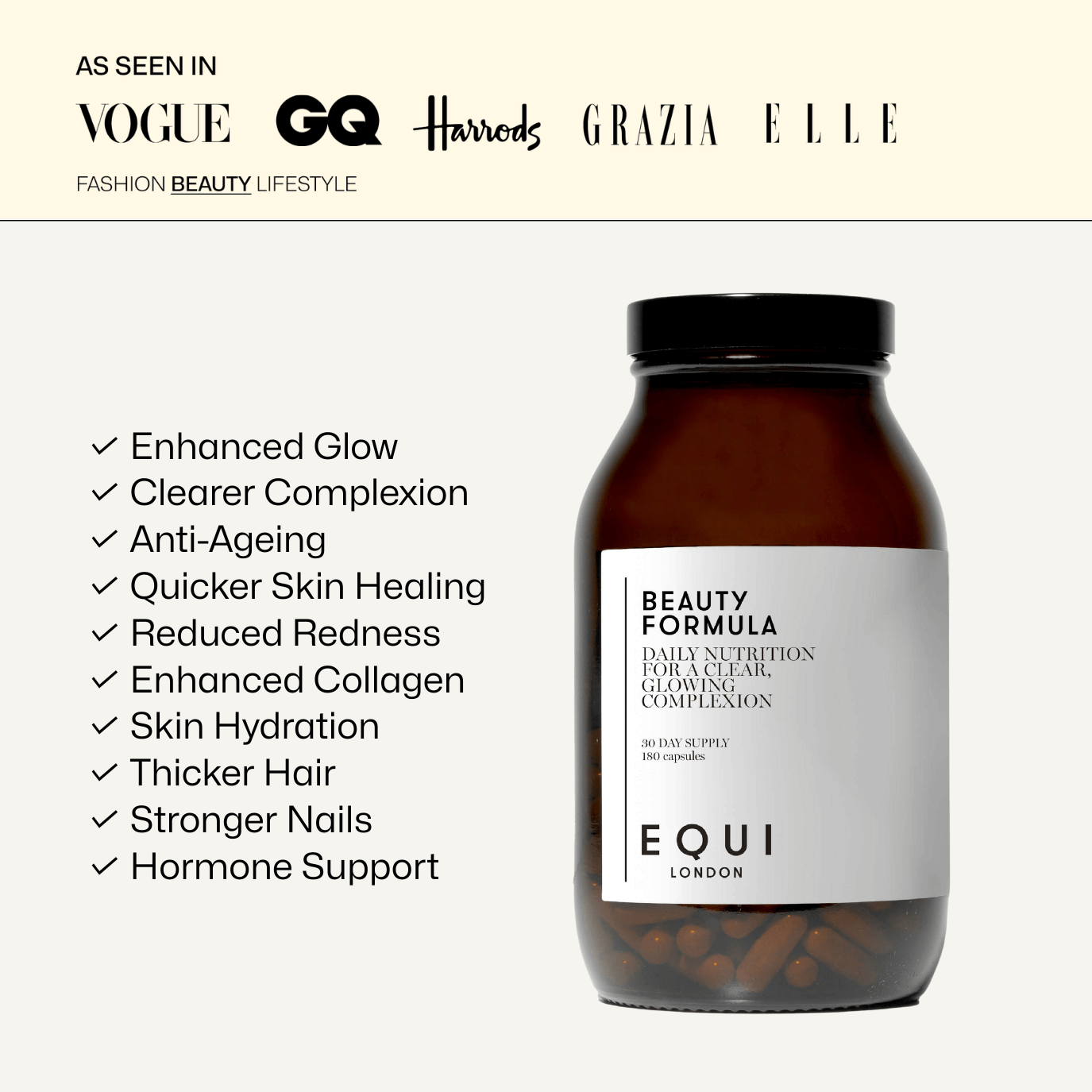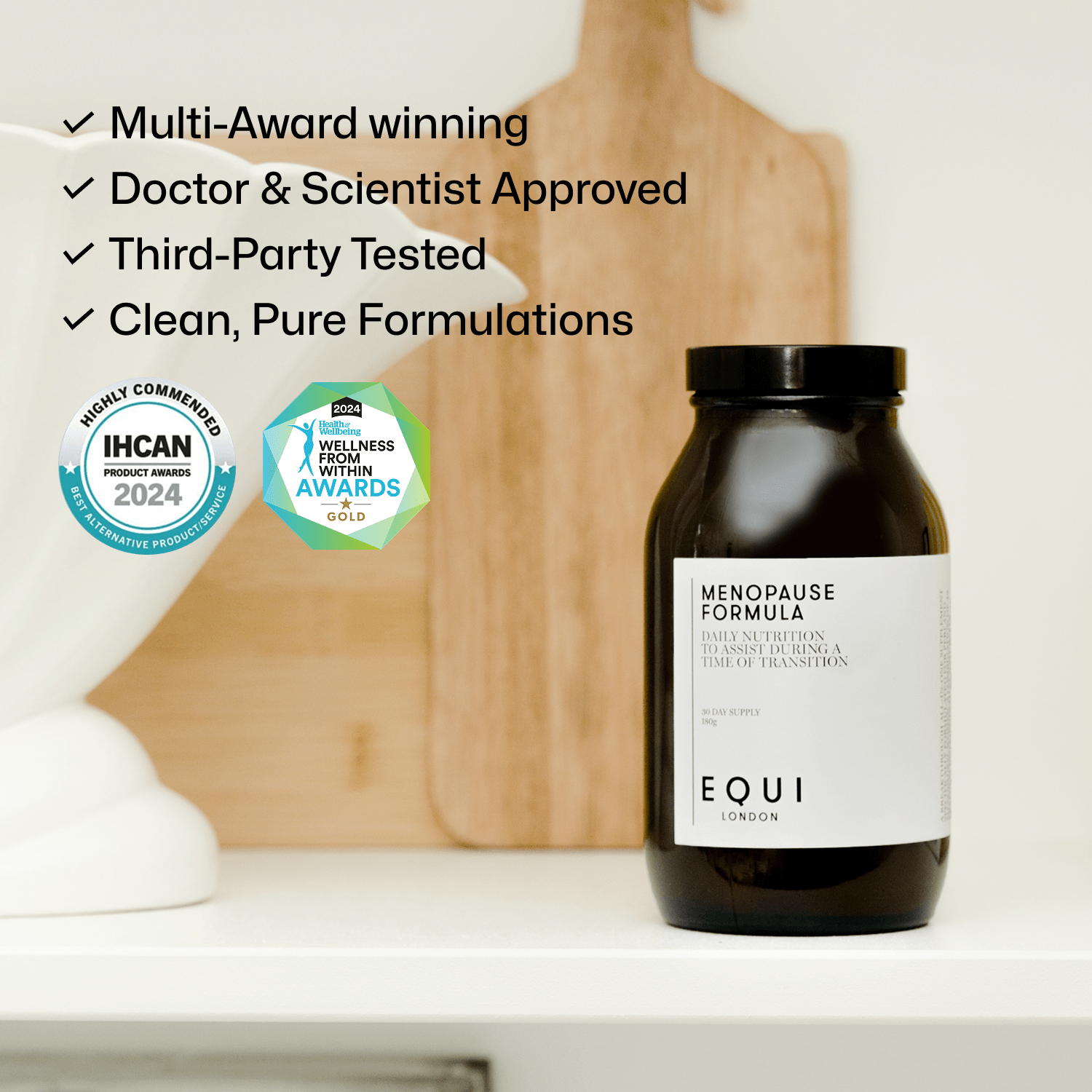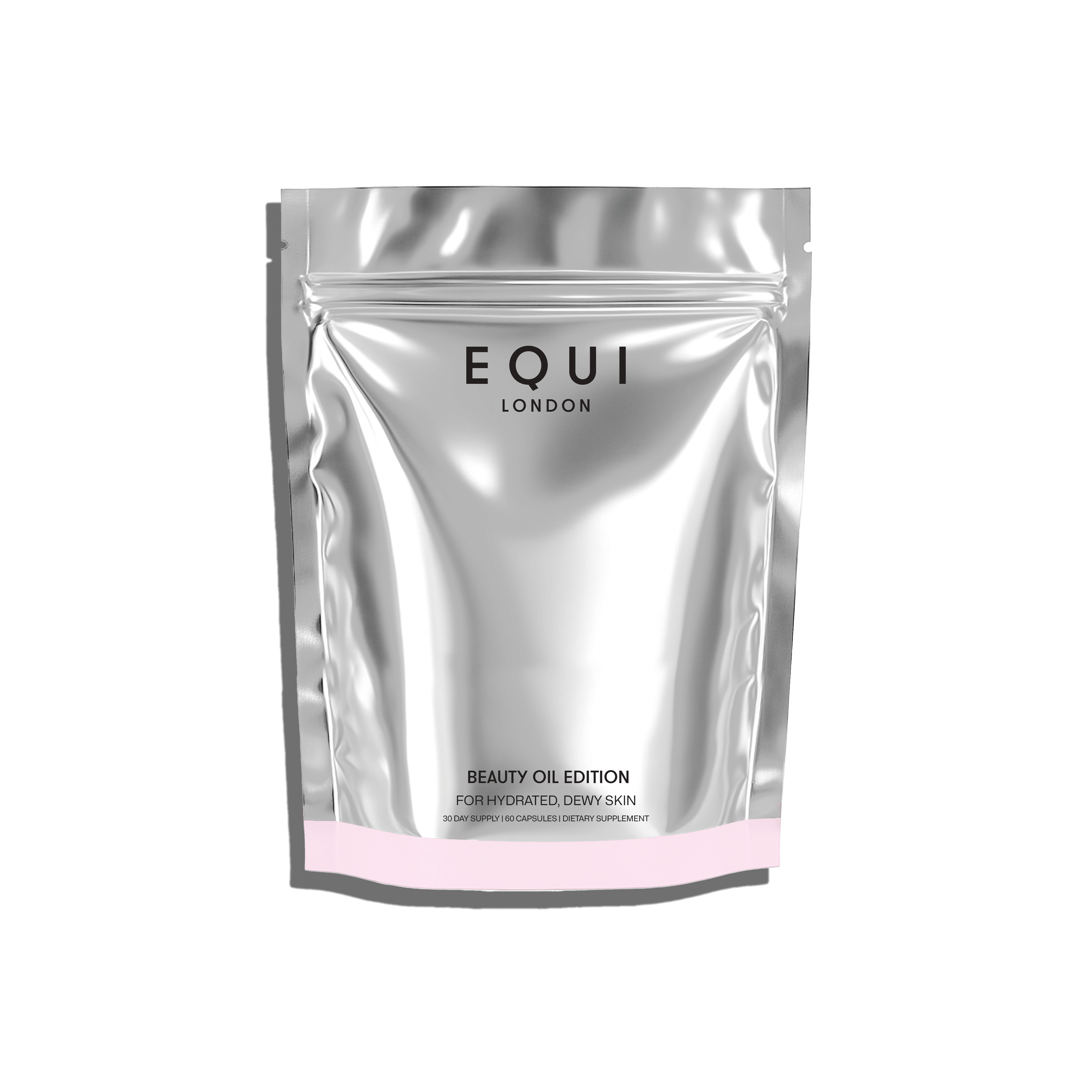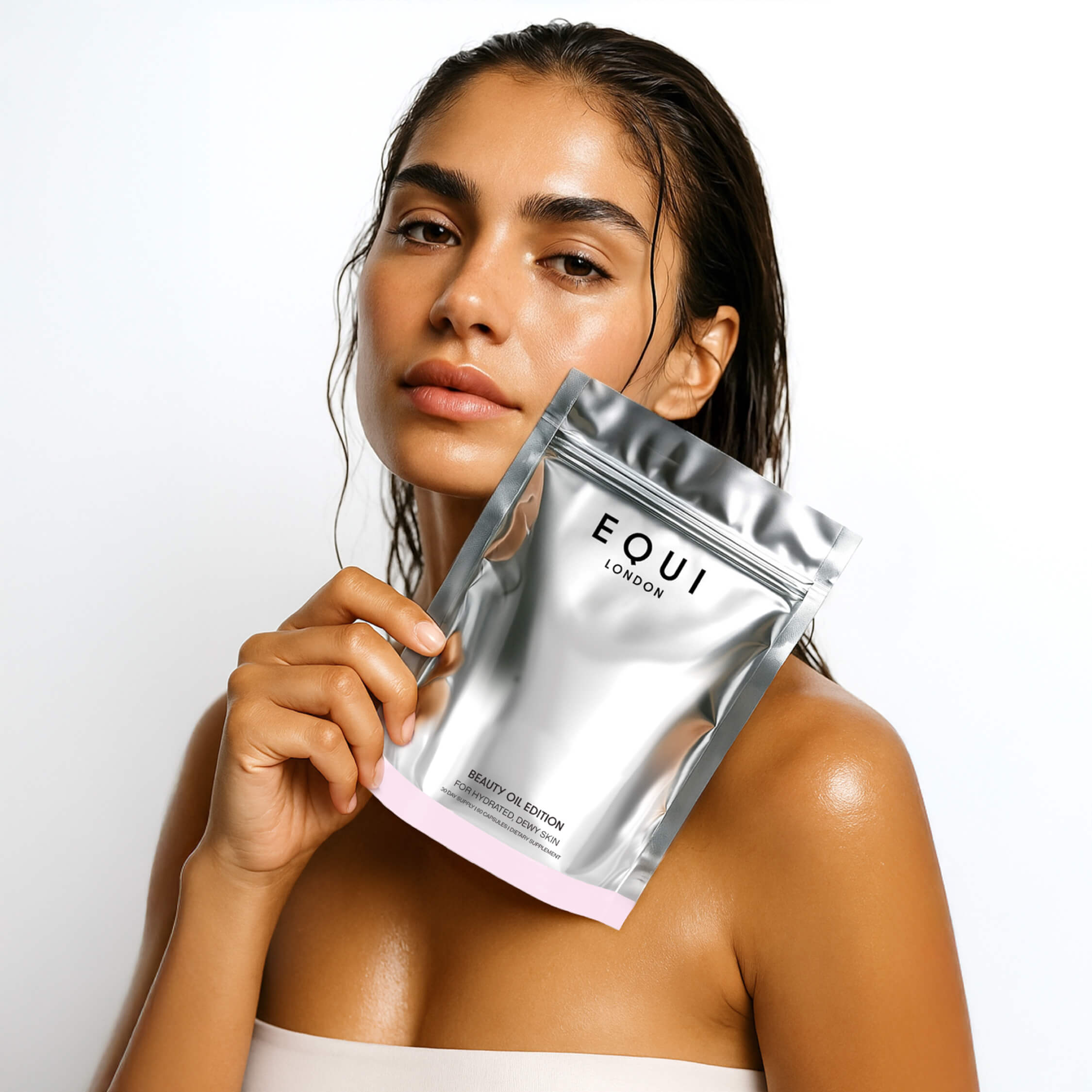The Facts On Protein Powder - What to look for, avoid, and how much is too much?
So you’ve made the choice to head back to the gym and are looking for something to ‘replenish’ your muscles with. Or perhaps you’ve read up about blood sugar and want to add a good quality protein source to your morning routine to avoid your sugar crashes and energy throughout the day.. or maybe you feel you just don’t get enough protein in your diet and want a convenient way to add in more.
Whatever the motive, protein powders can be quick, easy, delicious and great value for money. But what about when it comes to our health – are they good for us, are they all equal, should we all be including them, and how much is too much? This January, our nutritionists separate the fact from the fiction.
Do We All Need Protein Powder?
Short answer: No! But they can be a great boost if you don’t manage to get enough from your diet.
The fact is that our protein requirements vary in different stages of our lives. Those who live active lifestyles, are pregnant, recovering from illness/surgery or suffer from energy issues throughout the day will have an increased requirement. Though nothing should replace regular food-based proteins in your diet (meat, fish, seafood, eggs, dairy and plant based sources such as nuts, seeds, beans, lentils) protein powders can be a useful addition, or ‘top up’, to your healthy and balanced lifestyle.
Which Protein Powder Is Best – whey, soy, hemp or pea?Here we outline three of the most common types of protein – hemp, pea and soy (all vegan) and whey (from dairy):
Whey – Probably the most common protein found on the market now, whey is extracted from pasteurised dairy produce in the same way that cheese is made. The complete protein makes it a beneficial and excellent source of all amino acids in ideal ratios, as well as being a good pre-curser to the master antioxidant ‘Glutathione’. Animal based whey protein also contains branch chain amino acids (BCAA’s) that are naturally occurring and often used as a performance enhancer in heavy exercise. This is why whey is often the choice of athletes and highly active individuals. It’s very absorbable (really techy exerciser fanatics claim it’s the fastest to perfuse your muscles following exercise – although just how much faster and whether this makes a discernible difference who knows!) but beware that because it’s dairy based, some sensitive individuals can feel that it makes them bloated and interferes with their digestion. This will obviously also depend on how much you have. One thing we would say is that with whey being an animal-based protein, it is even more important to choose an organic source. Companies such as Garden of Life and the Organic Protein Company are good examples.
Soy – Probably the most old-school source of protein powder, soy is a controversial protein source due to its extraction and creation methods that involve dehulling, flaking and defatting soybeans by hexane extraction. Because it is so highly processed, it’s better avoided, especially if it’s GMO and not organic. It is worth mentioning that a modest amount (say 3 portions per week) of good quality, non GMO, organically sourced soy can be supportive in some hormonal conditions, such as in the perimenopause, because of it’s ability to bind to oestrogen receptors in the body. Before choosing to use soy in this way, you should consult with a Nutritional practitioner to see if it is the right choice for you.
Hemp – from the plant-based hemp seed, hemp protein is sourced from the cannabis plant. But before you panic, hemp protein doesn’t contain any THC that is known in marijuana. Enjoyed by many and for many decades, hemp is rich in the essential amino acids that are required and used by the body to function. When ground, the hemp seeds release an oil-like substance of which contains a high omega 3 content, making it a great option for those wanting to increase their healthy fats with benefit for skin, hair, nails and hormones. It’s also a source of fibre which makes it a good option in our book, but beware it can be harder to flavour this one, so those with sensitive taste should watch out and buy smaller tester products before buying in bulk.
Pea – you guessed it, straight from peas (often yellow peas in particular). Yellow peas are high-quality, easily digestible protein and complete sources. In addition to iron and arginine, they contain branched-chain amino acids that are again required for normal functioning of the body. Pea protein is also higher in fibre than most which makes it a great option. When paired with the additional benefit of protein slowing digestion, pea protein users often report feeling fuller for longer which in some can support weight loss and improved gut health. Many protein powders contain a mix of different vegan sources – such as hemp and pea.
What Protein Powders To Avoid
In the same way we recommend turning your food labels over to check what’s inside them, the same is important to do so with your protein powders, and there are some things we simply just don’t want to see on that label…
It’s incredibly frustrating to turn over to see a label with synthetic protein sources, full of additives, colourants, sugar, sweeteners, bulkers and nonsense ingredients that quite simply counter products the reason for taking them in the first place and brings a whole host of weird symptoms we want to steer clear from. Ideally look for products that don’t contains a huge long list of things that sound unnatural – the best products keep it simple with protein, flavour and maybe some vitamins and minerals, although these aren’t always needed. It’s worth noting that whey can often be the simplest protein because it tastes the best and requires the least amount of flavour added and it generally mixes really easily into things so doesn’t need as many emulsifiers - so if this is important to you it could be worth trying.
Thing to watch out for include - Monosodium Glutamate (MSG), Fructose, Syrup, Carrageenan, Sodium Nitrate, Colouring, Flavouring, guarana, caffeine – which are all better avoided. Also choose ones with sweeteners such as stevia or thaumatin – these are better than the artificial sweeteners you often find.
What To Look For In A Protein Powder
So you’re standing in the health food store and there’s endless packages, boxes and wonderful claims on the shelf. So where do you start with what to look for?
Deciding if you would like to opt for an animal of plant protein is the first port of call – remember that whey-based proteins are complete, whereas vegan products require a number of plant-based protein sources combined into one powder. Choosing an organic product is also something to consider, especially if you are using an animal protein such as whey, as you won't be ingesting any additional antibiotics, hormones, pesticides, etc. that are maybe be permitted in non-organic production.
Also note whether you need a multivitamin in your protein. Many of us already take something separately, which can mean you get too many of some nutrients. Generally in our opinion it is better to stick to products that don’t, because the companies that (ahem, yours truly) focus entirely on supplement formulation tend to be better at it than the companies that make protein powders and you’ll probably find better quality nutrients in the these, rather than those found in protein powder.
When it comes to the ingredients, the less amount of words on the back of the pack, the better – especially if it comes to words that you don’t identify as food!
How To Use A Protein Powder
Using protein powders can be a great addition to your routine - being stirred into your normal yoghurt bowl or porridge or better yet, smoothie. This kind of little ‘top up’ of protein at breakfast will have a profound impact on your blood sugar throughout the day leaving you feeling fuller for longer. Similarly, creating snack balls to have on hand to keep your blood sugar in check when the mid-afternoon slump hits or even having a little protein boost as a smoothie knowing you’re going to have a late lunch and are prone to shaky sugar dips.
How Much is Too Much with Protein Powder?
Although we understand the importance of protein for daily body functions, we can also have too much of a good thing. Research indicates that excessively high protein intake can increase risk of kidney stones. Similarly, many people use red meats as a key protein source which, in excess, can contain higher amount of saturated fat which correlates to the onset of cardiovascular diseases and colon cancers.
The general rule explains, it's best to aim for no more than 2 grams per kilogram of protein (about 125 grams per day for a 140-pound adult) each day. We also know that it is probably very difficult to absorb much more than this in a day anyway, so sticking to no more than 25g per portion is probably wise.. especially if you don’t want to waste money.
There is still much to learn about the safety, risks, and benefits of high protein diets, but until we know more, this seems like a reasonable recommendation.
What Are The Best Protein Powder Brands?
If you’re looking for some options, we’ve done the hard work for you! Here are some of good quality products go-to products that we rate:
Animal Based:
- Organic Protein Company
- Garden of Life Whey Protein
- Motion Nutrition – Classic Whey and Creamy Cacao
- Pulsin – Whey Protein
Plant Based:
- Misfits Nutrition – Salted caramel pea protein
- Motion Nutrition – Peanut Butter Protein
- Pulsin – Hemp and Pea Protein
- Vivo – Perform Raw Plant Protein with BCAA
- Nuzest – Clean Lean Protein – they have tonnes of flavours to choose from and a good kids option (though be aware that it contains a multivitamin)
- Form – Pure Blend Unflavoured
If you’re looking for more info about protein, or want to know what you need specifically, speak to a nutritional therapist who can guide you. We especially recommend this for anyone on special diets, anyone with health conditions, pregnant, elderly of taking up a new exercise regime such as running a marathon.
Disclaimer: As with all information on Equi London, this information is not a substitute for medical advice. No one diet or supplement regime works for everyone and you should always seek help from a GP and registered health expert before making changes to your diet, or before introducing any supplements.
